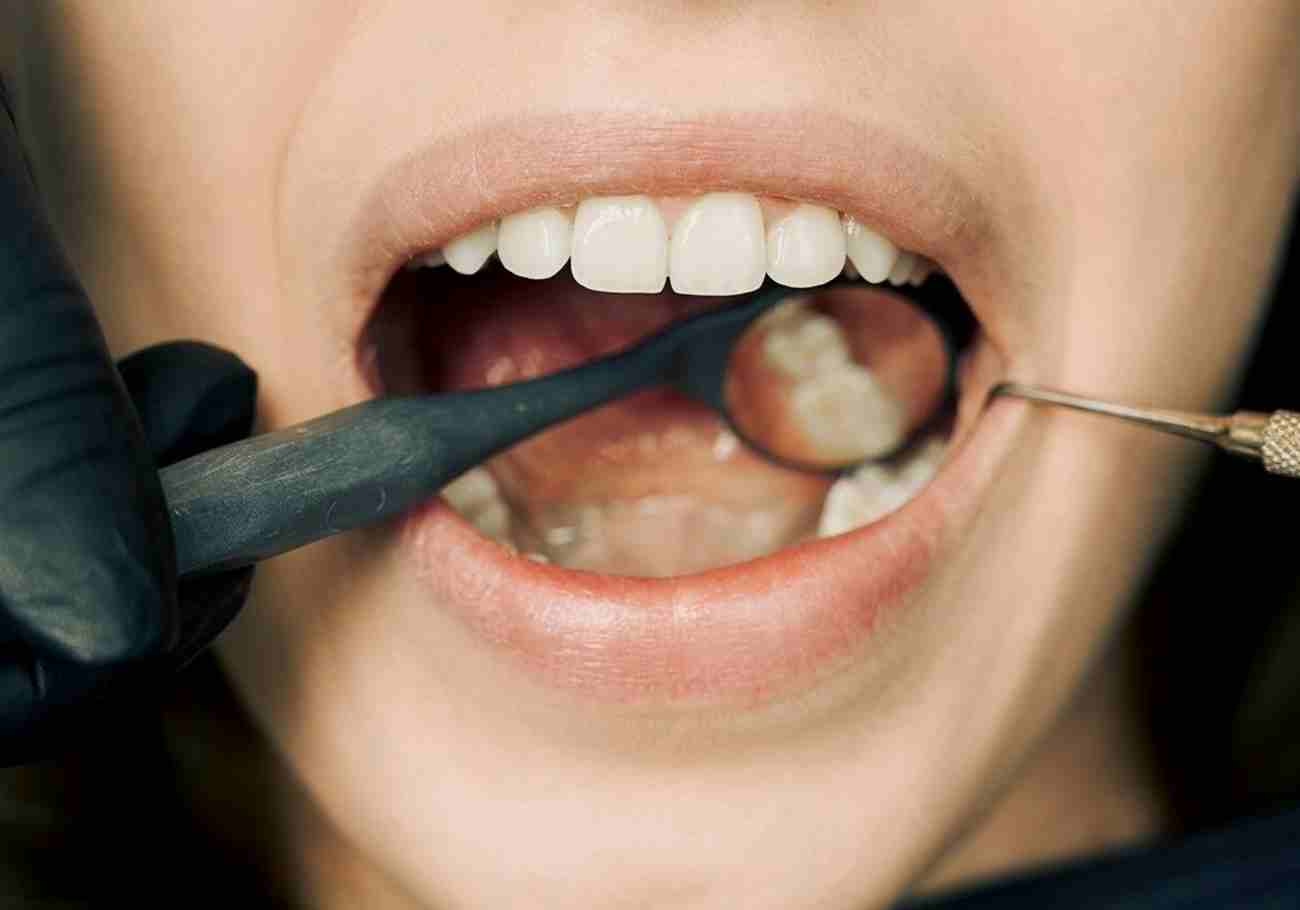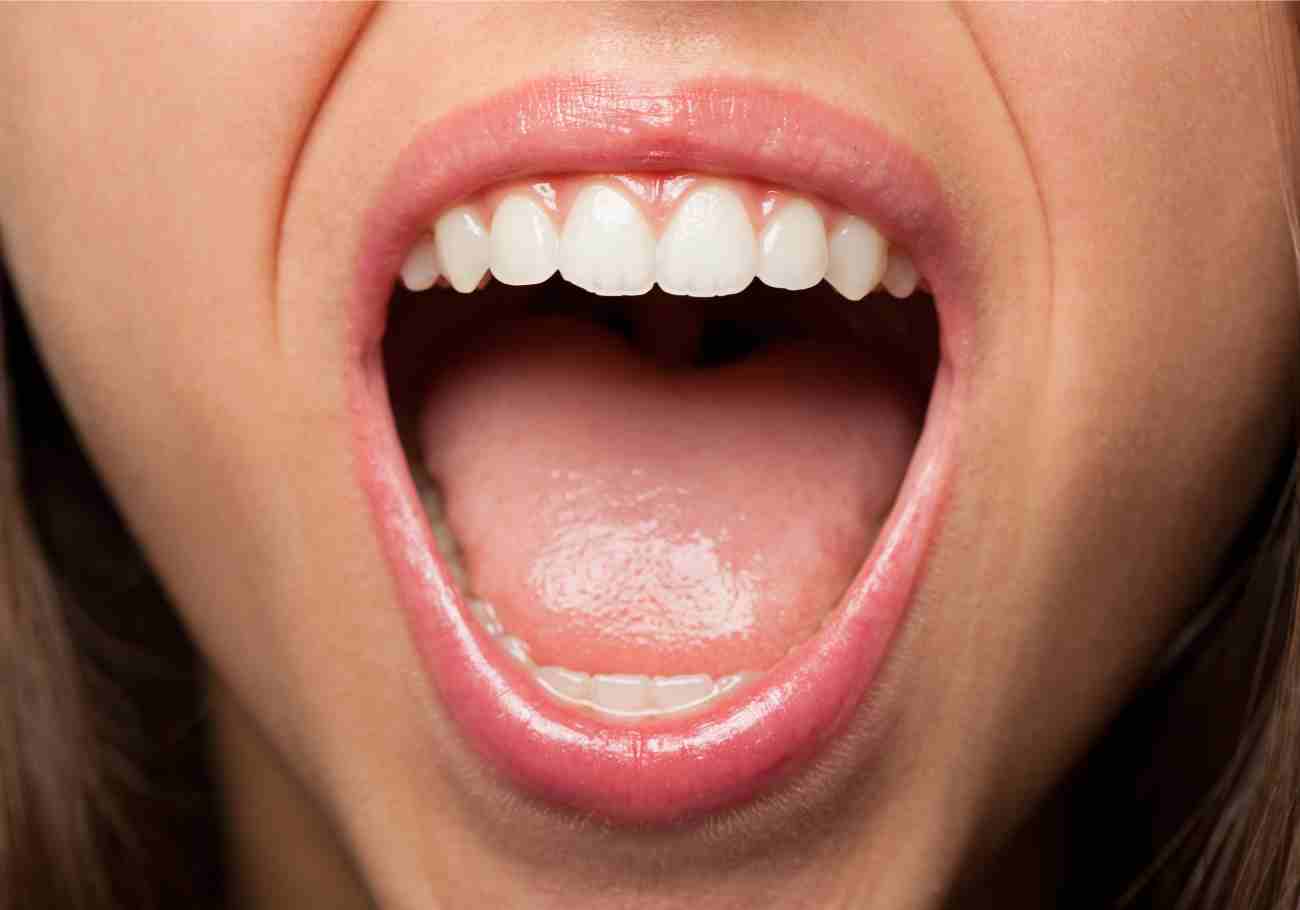
Oral cancer poses a growing threat to public health in Malaysia, with a significant disparity in survival rates compared to developed nations.
Dr. Shailendra Sivalingam, a Sunway Medical Centre consultant, sheds light on the disease and emphasises the importance of early detection.
Causes, threat and risk factors

Oral cancer primarily affects the mouth and throat, often presenting as mouth ulcers or white patches. Dr. Shailendra explains the complex factors contributing to the disease:
- HPV Infection: High-risk HPV strains like HPV-16 are linked to oropharyngeal cancers, particularly in tonsils.
- Lifestyle Habits: Smoking, excessive alcohol consumption, and poor oral hygiene introduce carcinogens, increasing the risk of cancerous cell development.
- Betel Nut Chewing: Prevalent among South Asians, betel nut’s acidic properties and carcinogenic ingredients can lead to oral cancer.
Ignoring warning signs can be detrimental. Dr. Shailendra urges recognising persistent oral abnormalities, such as:
- Ulcers or unusual bleeding in the mouth, cheek, or throat
- Changes in voice
- Difficulty eating or weight loss
“Early detection is crucial,” he stresses. “A simple consultation is vital if unusual symptoms persist beyond a week.”
Treatment and impact

Diagnosing and treating oral cancer involve a multi-faceted approach:
- Diagnosis: Biopsy and determining the cancer stage are crucial steps.
- Treatment: Early stages may require surgery; advanced cases might involve a combination of surgery, chemotherapy, and radiation.
Treatment can significantly impact a patient’s quality of life due to potential disfigurement and difficulties with speaking and swallowing.
Dr. Shailendra highlights the importance of preventive measures:
- Reduce Risk: Abstain from tobacco and betel quid, maintain good oral hygiene, and have regular dental checkups.
- Vaccination: HPV vaccination, especially for young adults, can offer protection against oral cancers.
Dr. Shailendra concludes with a crucial message: “Early detection is vital. If you notice anything unusual in your mouth that doesn’t heal within a week, get it checked promptly.
It can significantly improve your treatment outcome and post-treatment quality of life.”











